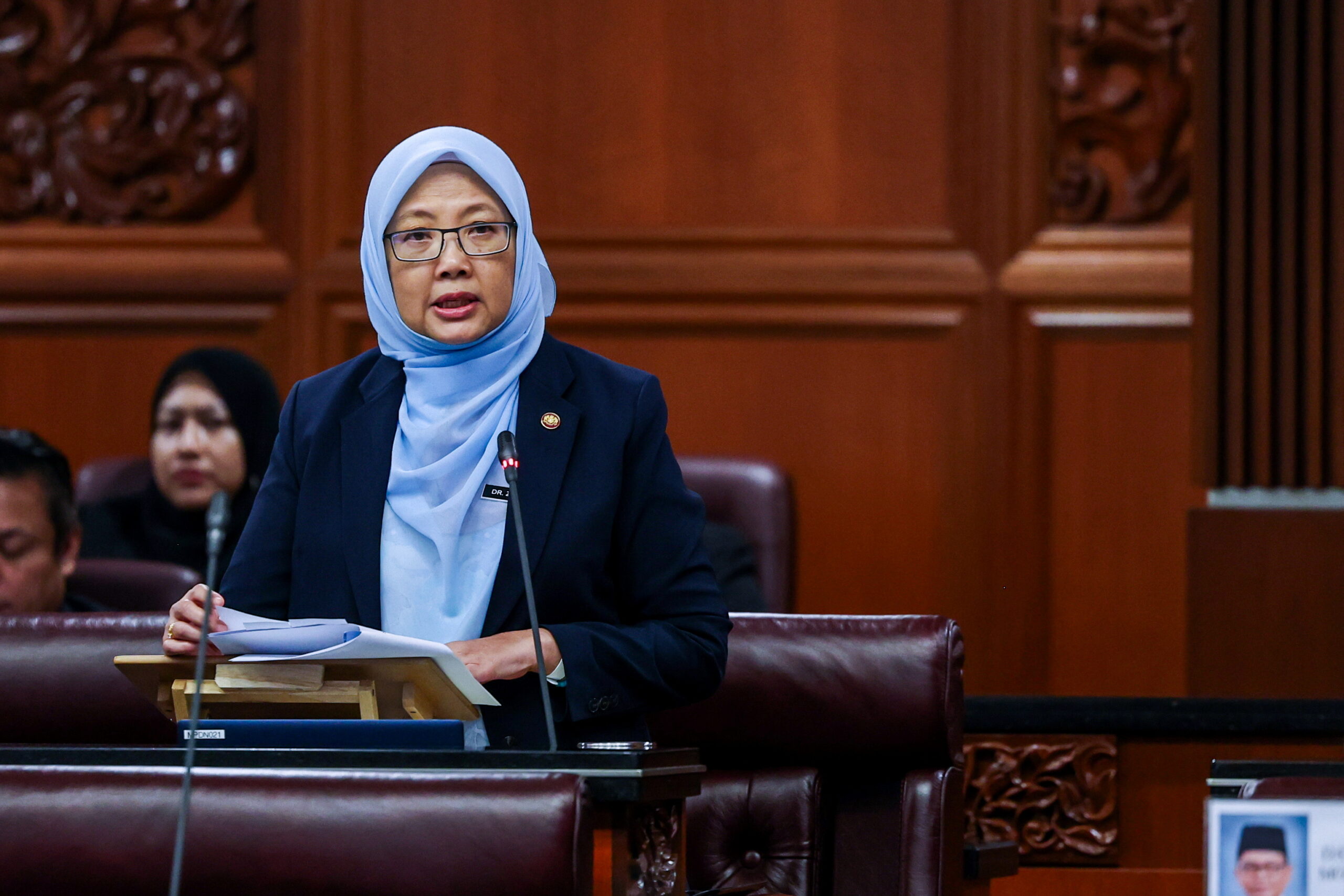KUALA LUMPUR — The Government Service Efficiency Commitment Bill 2025, aimed at enhancing government service quality, efficiency, and effectiveness, was passed in the Dewan Rakyat today.
The Bill was approved by a majority voice vote after debate by 11 Members of Parliament from both the government and opposition.
Minister in the Prime Minister’s Department (Federal Territories) Dr Zaliha Mustafa, in tabling the Bill for its second reading, said it seeks to resolve bureaucratic inefficiencies and eliminate outdated regulations, guidelines, and administrative directives to improve governance.
“The government believes this Bill can address key issues affecting the public, including daily affairs, business operations, and access to government services,” she said.
She added that the Bill promotes automation, artificial intelligence (AI), and system integration to reduce manual tasks that burden civil servants and waste time and resources.
The Bill does not impose penalties on civil servants who fail to implement changes but instead relies on incentives and periodic monitoring.
“There are no automatic penalties or disciplinary actions for civil servants who do not meet targets. Instead, their performance will be assessed, and they will receive additional support and resources to enhance their effectiveness,” she said.
Zaliha noted that if implemented effectively, the Bill would allow civil servants to perform their duties more efficiently by eliminating unnecessary processes, accelerating service delivery through technology, and reducing redundant tasks.
A major reform introduced in the Bill is the “One In, One Out” approach to regulatory changes, alongside the Government as a Platform (GaaP) model and the One Door Policy to streamline services.
She added that Clause 11 of the Bill allows state government entities to voluntarily submit service performance reports to the Chief Secretary to the Government for rating, in line with federalism principles.
Additionally, the Bill introduces a regulatory rating system to foster a high-performance work culture in the public sector, enabling agencies to assess their service efficiency. — March 6, 2025

